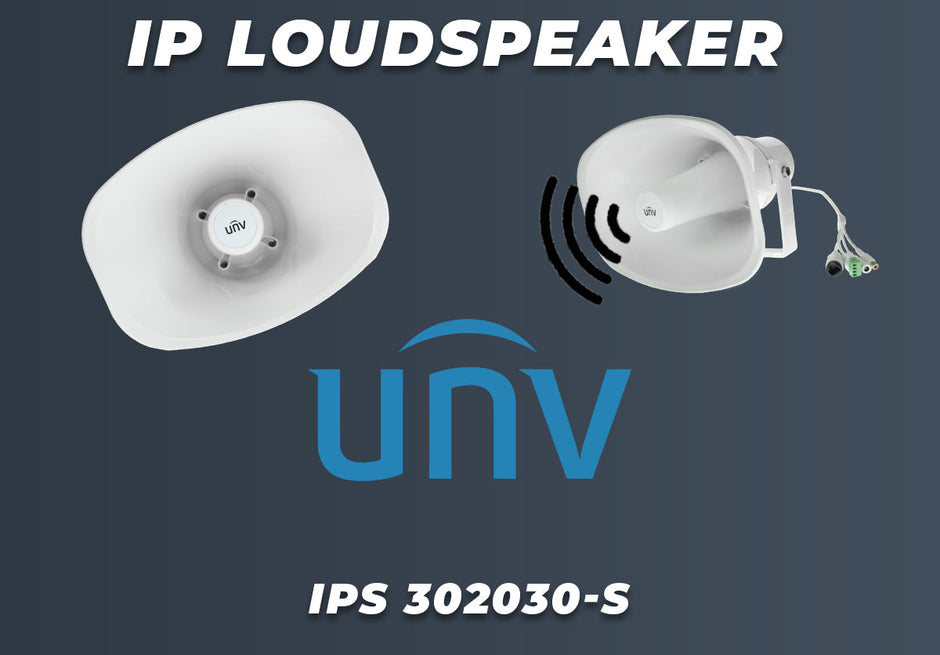It can be unnerving to step outside your home and see your neighbor’s new security camera aimed right at your property. If you’re concerned about your privacy and wondering whether or not your neighbor is breaking the law, you’ve come to the right place. In this blog post, we’ll answer your questions about your rights, your neighbor’s rights, and the steps to take if you’re still uncomfortable with your neighbor’s use of video surveillance.
For the most part, your neighbor is legally allowed to have security cameras installed on their property, even if those cameras are aimed at your property. However, your neighbor does not have the right to record you or anyone else without consent in areas with reasonable expectation of privacy.
Throughout the rest of this post, we’ll break down that explanation and give you some tips for how to navigate a conversation with your neighbor if you feel your privacy is being violated.
Disclaimer: we are not lawyers and therefore are unable to give you legal advice. The information in this post is general and can be applied to many situations. Since there is no federal law concerning video surveillance, your state may have its own laws and regulations to follow. If you are seeking legal advice for your own specific situation, it's always best to contact a lawyer.
Your Neighbor’s Right to Install Security Cameras
The bottom line is your neighbor is legally allowed to install security cameras on their property for their own protection and video surveillance purposes. As long as their security cameras are not recording private information, there is nothing stopping them from recording your property in their camera’s field of view.
Most likely, your neighbor’s security camera isn’t able to see anything that a pedestrian walking down your street wouldn’t be able to see. There is no reasonable expectation of privacy in your front yard, since anyone can walk past your house and see it.
However, if your neighbor’s security camera is positioned in such a way that it’s recording the inside of your home, that’s when your privacy may be violated.
Your Right to Privacy
Just as your neighbor has the right to protect their home with video surveillance equipment, you also have a right to privacy inside your own home.
The basic rule of thumb comes down to expectations. When you’re standing in your front yard, you are not in an area where you should have an expectation to privacy, and therefore you may be recorded legally by your neighbor’s security camera.
But if you’re sitting in your bedroom, you are in a place where you should have a reasonable expectation for privacy. In this situation, it’s illegal for anyone to record you without your consent.
But I get it. It’s not that easy. What if your house is in your neighbor’s security camera’s field of view and you don’t have any curtains on your windows? Well, there’s not a reasonable expectation for privacy. Anyone walking by your house can see inside your windows. The fact that your windows are visible to your neighbor’s security camera doesn’t violate your privacy. All you need to do is put up some curtains.
But what if your neighbor’s security camera has a large zoom range and they’ve positioned their camera in such a way that it can record activity happening in your home that wouldn’t be easily visible to anyone with the naked eye? In this situation, you may be able to do something to get your neighbor’s camera taken down. If you believe your right to privacy is being violated by your neighbor’s security camera, you should contact a lawyer to figure out how to proceed.
For the vast majority of cases, however, there is no legal violation. Your neighbor most likely is not invading your privacy with their security cameras. However, if you’re still uncomfortable with your neighbor’s security camera, there are a few steps you can take. The key here is clear communication.
What to Do If Your Right to Privacy is Not Violated But You’re Still Uncomfortable
If you’re concerned about your neighbor’s use of security cameras, clear communication with your neighbor is the best thing you can do to come to a resolution. Here are some tips for you to approach your neighbor and talk about your concerns.
- Ask to see your neighbor’s camera feeds: If you’re concerned about the position of your neighbor’s security cameras, you can always ask to see their camera feeds. This way you’ll be able to see exactly what your neighbor is recording. It could be that your home or your yard is not as prominently displayed as you thought.
- Ask your neighbor to reposition their camera: If you look at their feeds and are still concerned with what they’re able to see, you can always ask that they reposition their camera to feature less of your property. This is totally up to your neighbor, as they are not breaking the law (assuming they’re not recording inside your house). However, if you explain to your neighbor why you’re uncomfortable, they may be more inclined to honor your request.
- Ask your neighbor to add privacy masks: Most security cameras have a feature called “Privacy Masks” which allows the user to black out certain portions of their security camera feeds. If your neighbor’s camera has this function, ask them to overlay a privacy mask on top of your home to block your property from their camera’s view.
- Ask your neighbor to remove motion detection alerts for your property: Your neighbor may be recording their footage 24/7 or they may only be recording based on motion detection. If it’s the latter, you can always ask your neighbor to edit their camera’s motion detection field so that they’re only recording motion on their own property. This way, you can rest assured that your neighbor isn’t recording your movement on your own property.
Hopefully these guidelines will help you decide whether or not you should approach your neighbor and how to request more privacy for your property. However, if you don’t have security cameras installed on your own property, you may be better off allowing your neighbor to freely record your home without privacy masks or motion detection field restrictions. Let me tell you why.
Why You Might Want Your Neighbor to Record Your Property
First of all, your neighbor most likely does not have ill intentions. If they have security cameras installed on their property, their motivations are probably more about protection for their own family than they are about spying on you. If your house happens to appear in their camera’s field of view, that doesn’t mean your neighbor is watching you, or even noticing you. But that does give you the benefit of free video surveillance protection.
If anything should happen on your property, you may be thankful that your neighbor’s security camera was recording. If you ever need evidence or if you just need to see who was on your property, there’s a chance that your neighbor’s security camera picked up the event you’re looking for. If you ask your neighbor to cover your property with a privacy mask or turn of motion detection alerts for your property, you might miss out on important information that could come in handy later.
But again, it all comes down to communication. If you know your neighbor’s intentions, you may be more inclined to allow them to record your property. If you would rather maintain your privacy in your own yard, you can always communicate that with your neighbor and hope that they honor your wishes. It’s really up to what you and your neighbor decide to do.
If you’d rather not leave it to chance that your neighbor’s camera will pick up illicit activity in your own yard, the best thing to do is set up your own security camera system that you can control. If you’re interested in setting up your a video surveillance system, we can help you out. Feel free to contact our team with any questions you may have or browse our shop to see our large catalog of video surveillance equipment.







